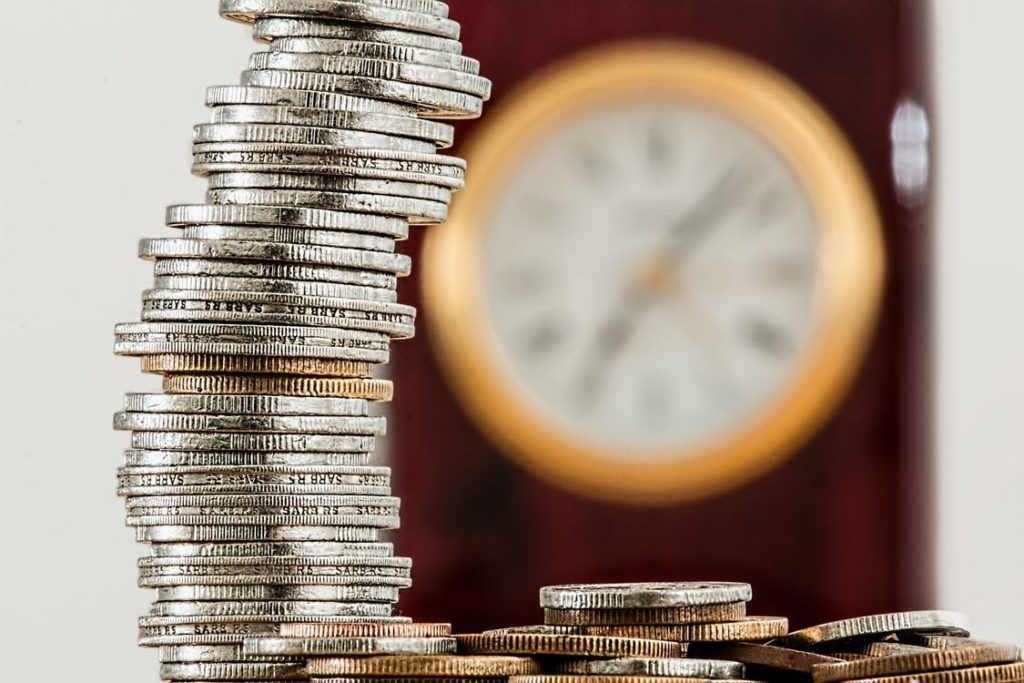2020 has been an unforgettable year. It is also leaving us with some lessons learnt.
- Updated: December 23, 2020

The COVID-19 pandemic has caused an unprecedented impact to the whole world. Many countries had made the difficult decision to lockdown their countries to curb the infection and mortality rate.
The pandemic has been a major blow for everyone and was a wakeup call in several ways. It reminded us of many things that we were all aware of, but hardly cared about. For example, the importance of having insurance or living on a budget.
The good news is, some of you have managed to adapt and make the necessary adjustments to survive and thrive in these uncertain times.
As we move into the recovery stage sometime in 2021, it is vital to prepare for the challenges ahead. To do that we have to reconsider our ideas about money.
Lesson 1: The emergency fund is a lifesaver
An emergency fund is a stash of cash which has been put away in a bank for large, unexpected expenses. These could be unforeseen medical expenses, home appliance replacements, major car repairs and unemployment.
Many people have ended up in a terrible financial situation during the pandemic through no fault of their own. They could have lost their main source of income be it through loss of a job or closing their businesses.
Many have been forced to take unfavourable measures which will lead to a weaker financial position in the longer term. This include maxing out their credit cards, selling off their investments at a loss and deferring their loan repayments.
Other people had money to fall back on and can pull through this period.
Typically, it is recommended that you save somewhere between three to six months of expenses in your emergency fund.
It does not have to be large sum of money. A bit here and there every month will quickly build up into a small fund. Just ignore the low interest rates on savings accounts and fixed deposits. You need funds you can use immediately.
Lesson 2: The household budget is a powerful tool
A household budget (i.e., spending plan) is something many of us put on a “to-do” list, but never get around to doing.
When a crisis that affects our household finance, it becomes a “do it now” thing.
If you must suddenly cut expenses because your income is much diminished, a budget can provide visibility. A budget can help see exactly what you are spending on and where you can make the cuts. No dithering around. There is nothing like a crisis to push you to get your finances in order.
Those who budget regularly tend to be on top of their expenses. They know when and what bills are due and avoid late payment fees. When they carry out their budgeting exercise they will also review their monthly and annual spend and identify what they can save on. These would cover their utilities, groceries, entertainment, insurance premiums, statutory payments, etc. And from there, they can forecast their future cash requirements.
Lesson 3: We can all save more than we think we can
After the outbreak of COVID-19 pandemic, we were forced to stop eating out, shopping, going out for movies, or just chilling out. And this has given us the impetus to save more money.
Let me put it this way, just going out will cost you money. You will spend on petrol and spend more money than expected. You will order more when you eat out and buy more stuff when you go shopping physically. When you order for a takeaway or buy stuff online, you will order the things you need.
Now these are extraordinary times we have found ourselves in and it will not go on indefinitely.
Once things start to normalise, we will once again start going out and do the things we used to do. However, it is extremely important that we keep the habit of saving more in the future.
Lesson 4: We must diversify our investments
You would probably have experienced a paper loss on your equity investments in your portfolio by now. This is because most of the equity sectors are affected.
You could do better with a diversified portfolio as different asset classes perform well at different times. Having them in your portfolio will help you minimise your risks.
Other asset classes apart from equity and bonds include cash, foreign currencies, real estate, and commodities. Commodities include gold, copper, crude oil, natural gas, wheat, corn etc.
There is not much you can do now but it will be a good time to plan. You must reassess your risk appetite and think of long term returns and start to actively manage your portfolio.
Lesson 5: We find out that future income is not guaranteed anymore
You are lucky if you (still) have a job and have not gone through a pay cut.
If you look around, you will realise that some of your friends and acquaintances have been laid off and are living off their savings.
Even those who are self employed or are running their own businesses are losing money. Many businesses have shut down for good which also means many people have lost their jobs. Most companies are also freezing their recruitment.
Nothing is guaranteed anymore.
Final Thoughts
It is important to learn from the harsh lessons and challenges faced in 2020. 2020 may not have affected people who were prepared with their emergency funds. But for those living paycheck to paycheck, this was a disaster that came down too quickly.
The uncertainty in 2021 still looms over our heads. But learning from the 2020 challenges can provide us with an advantage as we enter 2021.
You can identify and watch out for those industries which went through the pandemic better. This will help you when you are considering your options in your career development or investment.
You would have learnt how to live on a budget. You would have found out what your basic needs are. We do not realise the importance of maintaining a budget with a salary coming in every month. There were changes with the coming of the pandemic and movement control orders and other restrictions. Job losses and pay cuts had forced many to live on a budget.
Another will be avoiding high interest debt:. They are bad for your financial health even when you have a regular monthly salary. These debts include credit card debt and personal loans. The problem will be worse if you are out of a job. If you cannot pay on time the compounded interest will increase your debt. It will take many years to get yourself out of such debt. Wherever possible, please stay away from high interest debt.
Financial prudence is all we need to sail through during uncertain times. It not impossible to be financially prudent. You just need to be a more organised and be hands-on with your personal finances.
